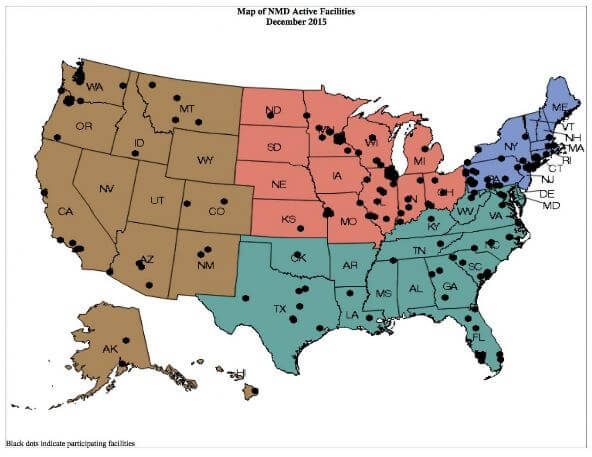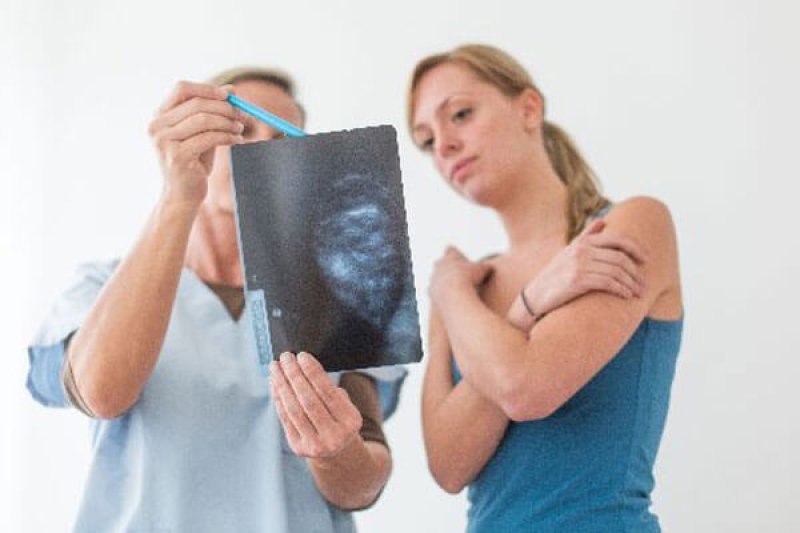There is no clear cut-off age to stop breast cancer screening, according to a new analysis which adds support for guidelines that encourage screening decisions based on individual patients and their health status.
Guidelines on what age to stop breast cancer screening have been a source of controversy and confusion in recent years. In 2009, the United States Preventive Services Task Force (USPSTF) released new guidelines which stated there was not enough evidence to assess the balance of benefits and harms of screening mammography in women aged 75 years or older.
…
[However,] based on increasing age from 40 to 90 years old, these performance metrics demonstrated a gradual upward trend for cancer detection rate, PPV2 and PPV3, but a downward trend in recall rate.“The continuing increase of cancer detection rate and positive predictive values in women between the ages of 75 and 90 does not provide evidence for age-based mammography cessation,” [said Cindy Lee, M.D., assistant professor, University of California, San Francisco].
The findings lend support to the argument that the decision whether or not to stop screening should be informed by an individual’s personal health history and preferences.

The GLP aggregated and excerpted this blog/article to reflect the diversity of news, opinion, and analysis. Read full, original post: No Evidence For Age-based Mammography Cut-Off































